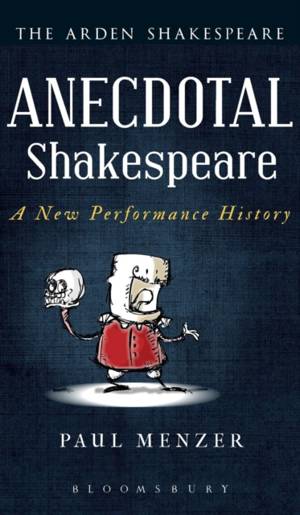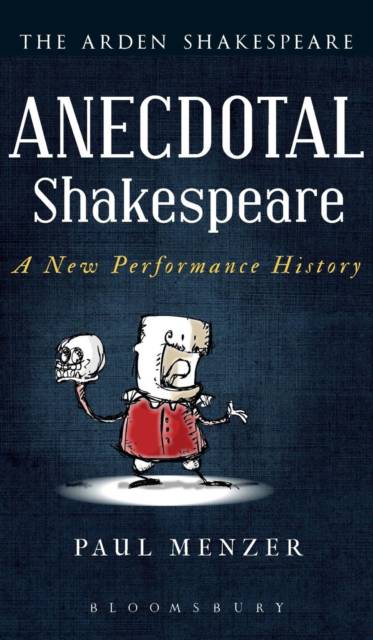
- Afhalen na 1 uur in een winkel met voorraad
- Gratis thuislevering in België vanaf € 30
- Ruim aanbod met 7 miljoen producten
- Afhalen na 1 uur in een winkel met voorraad
- Gratis thuislevering in België vanaf € 30
- Ruim aanbod met 7 miljoen producten
Zoeken
€ 220,45
+ 440 punten
Uitvoering
Omschrijving
Shakespeare's four-hundred-year performance history is full of anecdotes - ribald, trivial, frequently funny, sometimes disturbing, and always but loosely allegiant to fact. Such anecdotes are nevertheless a vital index to the ways that Shakespeare's plays have generated meaning across varied times and in varied places. Furthermore, particular plays have produced particular anecdotes - stories of a real skull in Hamlet, superstitions about the name Macbeth, toga troubles in Julius Caesar - and therefore express something embedded in the plays they attend. Anecdotes constitute then not just a vital component of a play's performance history but a form of vernacular criticism by the personnel most intimately involved in their production: actors. These anecdotes are therefore every bit as responsive to and expressive of a play's meanings across time as the equally rich history of Shakespearean criticism or indeed the very performances these anecdotes treat. Anecdotal Shakespeare provides a history of post-Renaissance Shakespeare and performance, one not based in fact but no less full of truth.
Specificaties
Betrokkenen
- Auteur(s):
- Uitgeverij:
Inhoud
- Aantal bladzijden:
- 280
- Taal:
- Engels
Eigenschappen
- Productcode (EAN):
- 9781472576163
- Verschijningsdatum:
- 22/10/2015
- Uitvoering:
- Hardcover
- Formaat:
- Genaaid
- Afmetingen:
- 135 mm x 201 mm
- Gewicht:
- 385 g

Alleen bij Standaard Boekhandel
+ 440 punten op je klantenkaart van Standaard Boekhandel
Beoordelingen
We publiceren alleen reviews die voldoen aan de voorwaarden voor reviews. Bekijk onze voorwaarden voor reviews.











